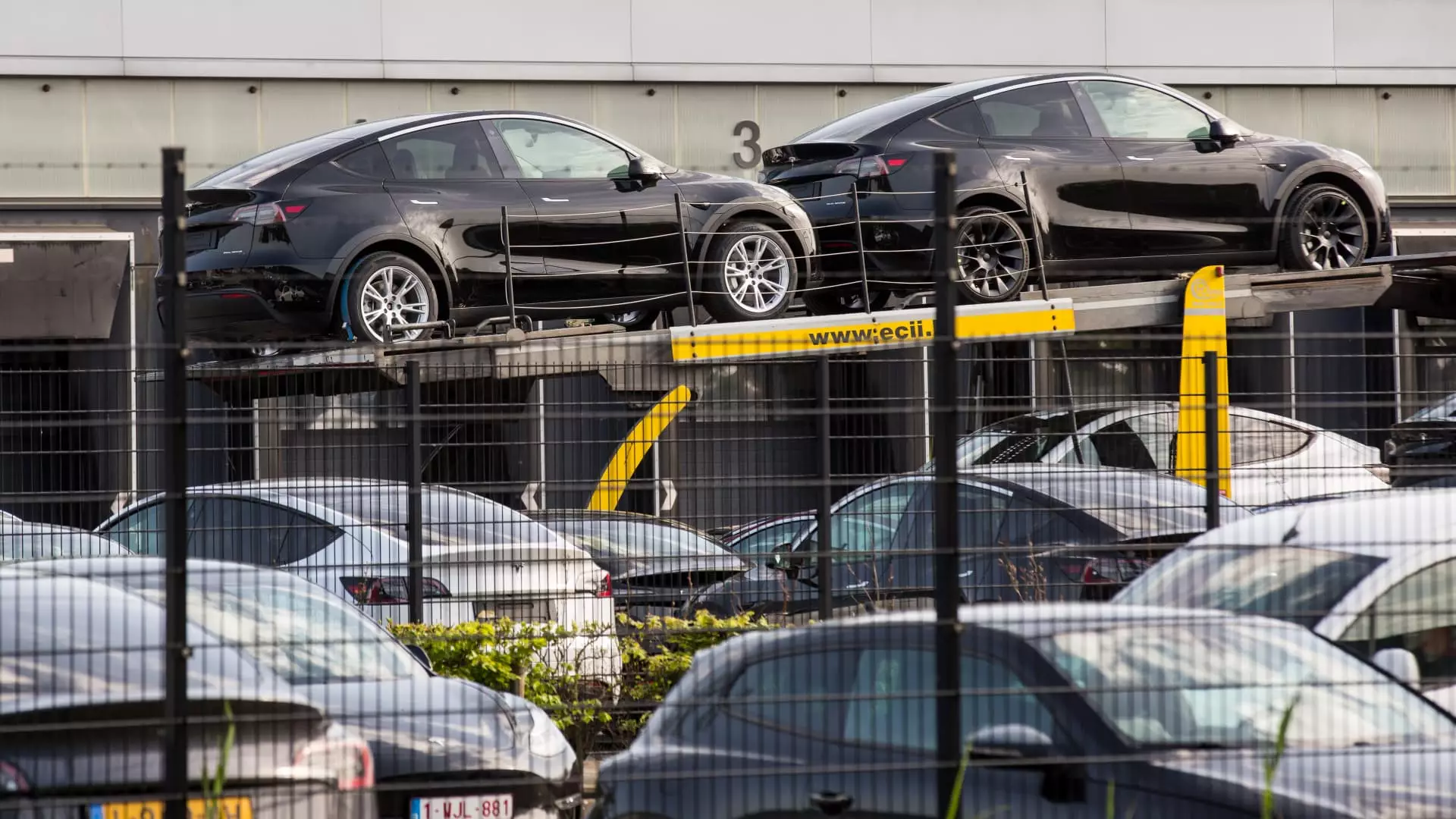Tesla’s shares experienced a significant boost after the release of its second-quarter vehicle production and deliveries report, surpassing analyst predictions. The total deliveries for Q2 2024 reached 443,956 vehicles, while the total production for the same period was 410,831 vehicles. This exceeded the estimated 439,000 deliveries projected by analysts and marked a 14.8% increase from the previous quarter.
Following the report, Tesla’s stock surged by over 9% in midday trading, partially offsetting the 16% decline observed earlier in 2024. Deliveries serve as a proxy for sales in the case of the electric vehicle manufacturer, with the company categorizing its deliveries into Model 3 and Model Y vehicles, and all other vehicle types. However, Tesla does not provide specific breakdowns for individual models or regions.
The first-quarter deliveries experienced an 8.5% decrease compared to the previous year, marking the first annual decline since 2020. Various factors contributed to the sluggish sales performance, including factory shutdowns due to external events and increased competition from other EV manufacturers, particularly in China. Additionally, brand erosion, partially attributed to CEO Elon Musk’s controversial statements and behaviors, also had a negative impact on sales.
To boost sales, Tesla introduced a range of discounts and incentives throughout the year, including zero-interest loans for customers in China purchasing Model 3 or Model Y vehicles. Despite these efforts, sluggish sales in key markets and the aging product lineup pose challenges for the company. Tesla’s reliance on China for a significant portion of its revenue, as highlighted in its 2023 annual filing, also adds to its vulnerability in the evolving EV landscape.
Looking ahead, Wells Fargo anticipates a decline in automotive gross margins for Tesla, excluding environmental credits, due to potential price cuts and lower sales volumes. As Tesla navigates through the competitive EV market landscape and addresses internal challenges related to product portfolio and brand perception, the company faces a critical juncture in its growth trajectory. Strategic decision-making and effective execution will be crucial for Tesla to maintain its position as a leader in the EV industry.


Leave a Reply